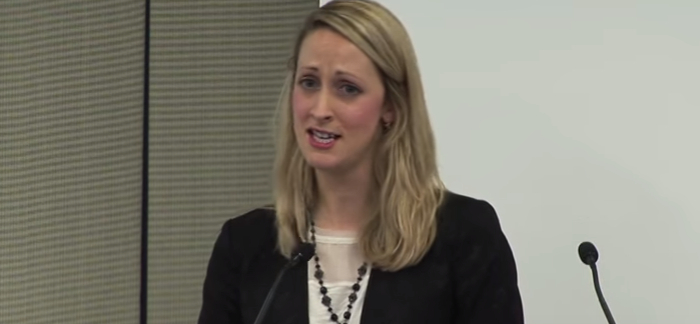What is a unitary government? It is a government which operates through one central unit of power. It is this central entity which decides on what laws to enact, what policies must be followed, and how that all applies to the nation as a whole. It’s a very common form of government utilized in today’s world, but there are certain advantages and disadvantages that come with this type of structure.
What Are the Advantages of a Unitary Government?
1. It creates a government which is highly responsive.
Because there are fewer levels of bureaucracy that must be navigated to make a decision, the government can be more responsive in times of need. Typically only one person or one body within the government is responsible for the decision needed to act, which is a decision made on behalf of the entire country. This is true whether it’s a response to an emergency or adapting to changing economic circumstances.
2. It inspires patriotism.
Under a unitary government, the general population is generally more patriotic than in other government structures because each person has at least one thing in common with their neighbors. Decisions are made that affect everyone, so no one typically feels like their neighbor has better chances to pursue happiness than they do.
3. It can be adapted to operate at local levels.
Although the key feature of this government structure is a central governing body, that body can be adapted to local needs and concerns with extensions, branches, or other outreach opportunities.
4. It eliminates duplication.
Think about the US food stamp allocation process today. Local communities may offer food stamp benefits. A state may offer benefits. Then there are federal programs like SNAP which are also in place. There may be 5+ programs for some households to navigate. Under a unitary government, much of this duplication can be eliminated, ultimately allowing for taxpayer money to be used more effectively.
5. It offers opportunity.
Just because there is a unitary government doesn’t mean all opportunities for advancement are eliminated. Public and private sector opportunities exist in this form of government, although unitary governments do typically have higher tax rates on upper levels of income earned and may even have income caps put into place.
What Are the Disadvantages of a Unitary Government?
1. It can be difficult to address local issues.
Some communities typically feel disenfranchised by a unitary government simply because they have no contact with it. Decisions made by the government may be based on a majority need, but certain groups belonging to the minority may receive no benefit. The end result, especially when this disadvantage happens continuously, will always be conflict and that can tear the nation apart.
2. It can be difficult to receive an answer.
A unitary government is required to make all operational decisions, so every little issue that comes up every day must be addressed. This often creates a backlog of issues that require decisions, which means communities must wait for a longer period of time to gain access to the answers or resources they need when compared to other government structures.
3. It can put citizens at a disadvantage.
Because there is one central unit making decisions on behalf of everyone, it can be very easy to place specific groups of people at a disadvantage to others. Socioeconomic status, racial demographics, or even sexual orientation can become a basis for legal discrimination simply because the government says one group has a priority over another group.
4. It reduces cultural diversity.
What the central government says goes under this government structure, so people ultimately lose some of their individuality. Their culture and family history become less important than following the bidding of the unitary government. This can occur in small and subtle ways… like having an approved list of names which parents can use for a newborn, for example.
5. Checks and balances are not available.
There’s no one to “watch the watchers” in this form of government, especially if it is adopting socialistic methods. It becomes easy for the government to consolidate power so the people cannot remove officials from office if they disagree with the decisions which are being made.
A unitary government, when carefully managed, can do great things. It also offers one person or a small group of people a large amount of power that can be tempting to use for one’s own advantage. That’s why each key point must be carefully considered when looking at a government structure such as this.




